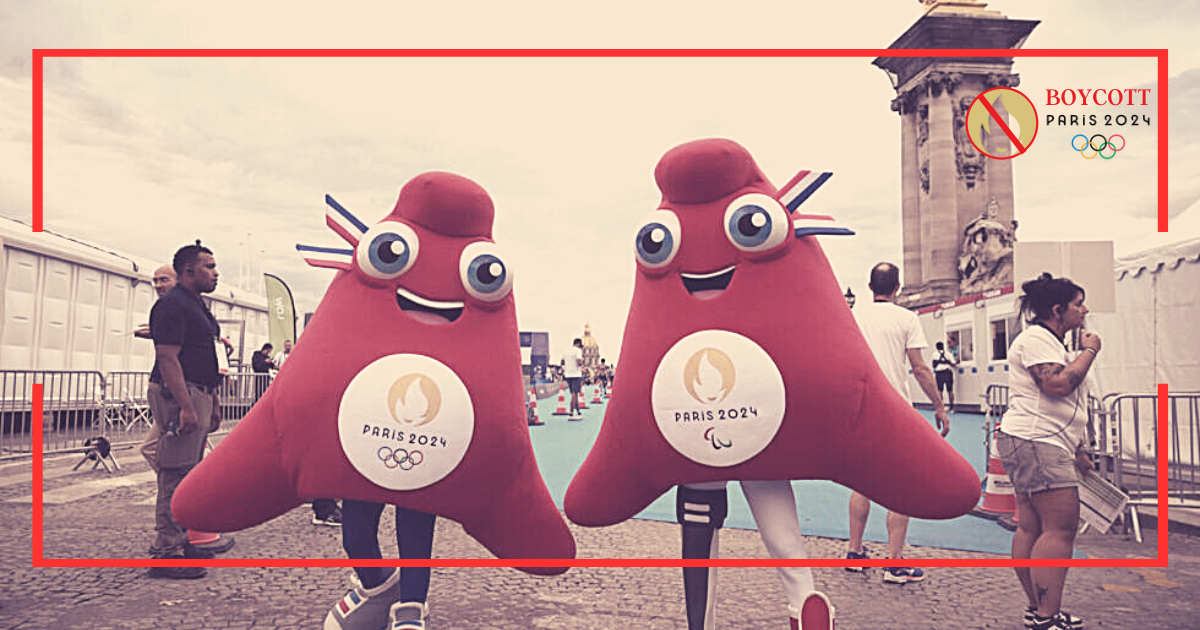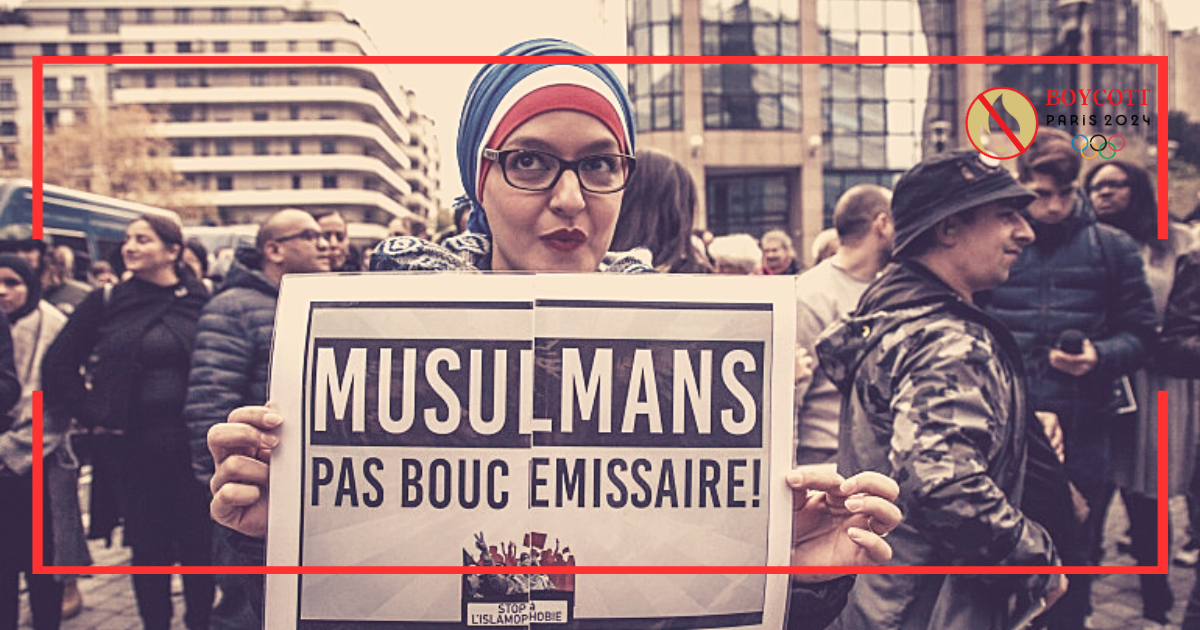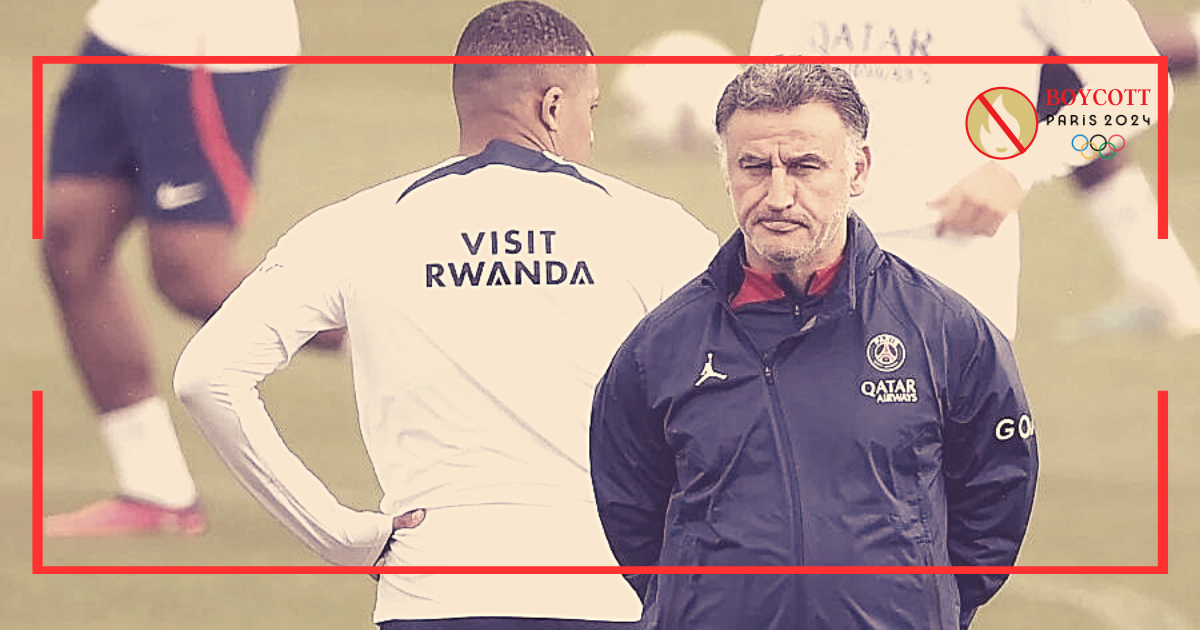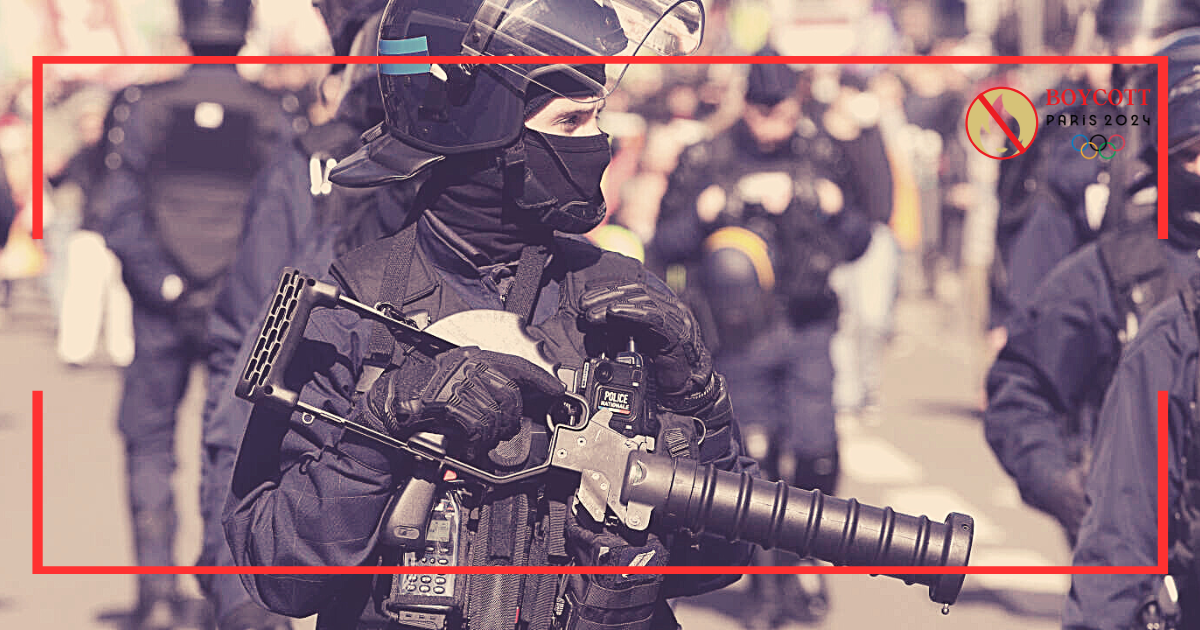Future Of Russia In Paris Olympics 2024
On Thursday, Russian President Vladimir Putin stated that while he was in favor of Russian athletes participating in the 2024 Summer Olympics in Paris, the nation should consider whether or not to send a representative if the competition is intended to depict Russian sports as "dying". The International Olympic Committee said last week that athletes from Belarus and Russia who make it to the Paris Games in their respective sports can compete as neutrals and don't have to wear flags, symbols, or anthems. Following Russia's invasion
Explore factors fueling the increase in Islamophobia in France?
Islamophobia, characterised by irrational hostility, fear of Islam, hatred of Muslims, and discrimination against Islamic culture, has become a growing concern in Europe. France, in particular, has witnessed a notable surge in Islamophobia, manifesting in various forms such as individual attitudes, organisational policies, verbal threats, discrimination in education and employment, ethnic and religious profiling, police abuse, and public pronouncements stigmatising Muslims. Understanding Islamophobia Islamophobia is a multifaceted issue rooted in prejudice, misinformation, and fear. It encompasses irrational hostility towards Islam, driven by misconceptions and stereotypes. Fear
PSG faces French probe for alleged racial discrimination
In a shocking turn of events, Paris Saint-Germain (PSG), one of Europe’s football giants, is now under a French probe for alleged racial discrimination. This investigation revolves around serious accusations, including racist and Islamophobic remarks made by the team’s 56-year-old PSG coach, Galtier. As legal proceedings unfold. The key individuals involved in the case, such as Galtier, his son and player’s agent John Valovic-Galtier, public prosecutor Xavier Bonhomme, ex-Nice sporting director Julien Fournier, and club president Jean-Pierre Rivere, come under scrutiny. This article delves
France Faces Criticism at United Nations for Alleged Racism and Police Violence
The United Nations Human Rights Council convened in a crucial Geneva meeting to address mounting concerns over France’s alleged racism and police violence. This discourse unfolded against the backdrop of Labor Day protests, where mass demonstrations erupted. It highlights contentious issues such as police violence, excessive use of force, and the controversial pension law proposed by President Emmanuel Macron. The Universal Periodic Review (UPR) brought France under scrutiny, focusing on Gendarmerie actions, racial profiling, religious intolerance, and protesters’ rights. This session underscored the nation’s social
Is Age Discrimination Legal in France?
In the realm of employment law in France, the principle of equality stands as a cornerstone, fiercely guarding against various forms of discrimination. Age discrimination, in particular, is explicitly prohibited, with a broad scope of application encompassing all types of employment relationships. Whether one is an indefinite employee, working on a fixed-term basis, engaged part-time, undertaking a training program, or even an applicant vying for a position. The prohibition against age discrimination extends its protective umbrella. Forms of Discrimination The prohibition against age discrimination manifests through
Decoding the French Political Landscape: Current Situation 2023
The French political landscape, characterised by vibrant democratic processes, civil liberties, and constitutional protections, has been undergoing significant changes. As we delve into the key developments of 2022 and explore the current political scenario in 2023. It becomes essential to analyse the intricate balance between political rights, electoral processes, and the evolving socio-political dynamics. Historical Context France, with its rich history of democratic values, has long been a crucible for political ideologies. The principles of civil liberties, encompassing personal freedoms and constitutional protections, have been integral
France’s New Anti-Radicalism Law Sparks Concerns Among Muslim Community
France, a nation known for its commitment to liberty, equality, and fraternity, is currently embroiled in a heated debate surrounding the implementation of a new Anti-Radicalism Law. This legislation, passed by the French Parliament, has triggered concerns within the Muslim community. It raises questions about the potential impact on religious freedom, social harmony, and the relationship between the state and its citizens. The Legislation: Oversight of Mosques, Schools, and Sports Clubs The Anti-Radicalism Law in France enhances government powers to regulate religious institutions, aiming to counter
Assessing French Republic Values in Muslim Citizen Treatment
The French Republic is in a precarious position following recent terrorist assaults by Muslim extremists, including the murder of Samuel Paty. The massacre at Charlie Hebdo, and the catastrophe at Notre Dame Basilica. The response from President Macron, particularly the adoption of the idea of “French Islam” and the denunciation of “Islamist separatism”. It has triggered a heated discussion over core principles. Ideas like “Freedom of expression,” “Right to believe,” and the fundamentals of “French Republic values” and “Secularism (laïcité)” are at the centre
Who Stopped Islam in France? Key Players Behind It
The historical narrative of Islam in France is intricately woven with pivotal moments that have shaped the nation’s cultural and religious landscape. The Battle of Tours in 732 AD is a crucial event that bears great significance in the annals of European history. This conflict between the Umayyad Caliphate, led by Abdul Rahman Al Ghafiqi, and the astutely led Frankish and Burgundian forces, led by Charles Martel, not only changed the course of military destinies but also significantly influenced the cultural and religious landscape
France’s White Population Percentage: Exploring the Stats
France, often celebrated for its rich cultural heritage and historical contributions, has undergone a transformative journey in the realm of ethnic diversity. Understanding the dynamics of France’s white population percentage necessitates a nuanced exploration of historical contexts, policy agendas, and societal shifts. From the aftermath of World War II to contemporary discussions on immigration and citizenship. The French approach to ethnicity has been marked by distinctive features, including a deliberate avoidance of race-conscious policies. This article delves into the intricate tapestry of France’s demographic landscape,











